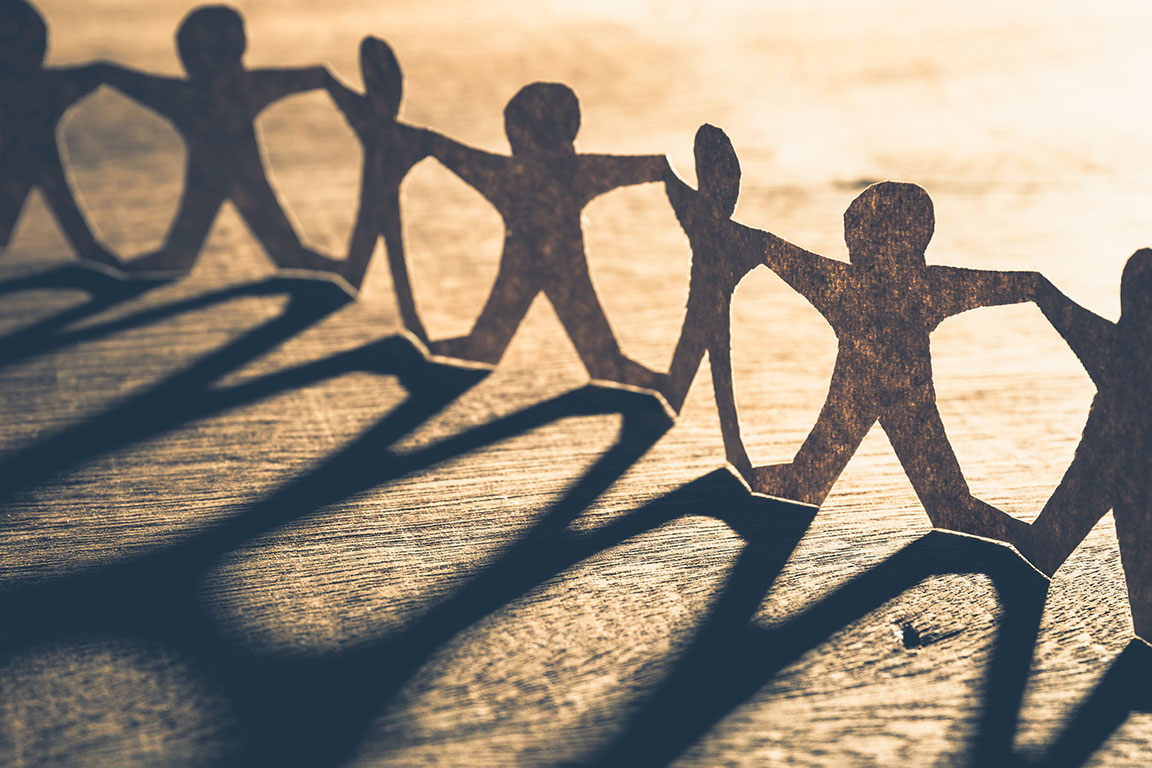Here is a link to my personal wish list. I’m posting this here because I’m always having relatives and friends who are trying to figure out what kinds of gifts to give me. What many haven’t figured out is that I can’t stand materialism. International travel really changed how I view owning stuff. In the United States we are both blessed and cursed with economic wealth. Somewhere in the what I think is the 1970’s though, we traded quality of stuff with quantity of stuff. If sociologists are to believed, this was right about the time that Generation X was born. Go figure.
Still, I’ve had to recognize that some people express appreciate and love by giving gifts.
Exploring love languages: Gary Chapman summarized in his book, The Five Love Languages: How to Express Heartfelt Commitment to Your Mate, that it is important to understand your mate’s love language in order to build a stronger relationship. Gary said, “Our most basic emotional need is not to fall in love but to be genuinely loved by another, to know a love that grows out of reason and choice, not instinct. I need to be loved by someone who chooses to love me, who sees in me something worth loving.”
Our most basic emotional need is not to fall in love but to be genuinely loved by another, to know a love that grows out of reason and choice, not instinct. I need to be loved by someone who chooses to love me, who sees in me something worth loving. [1]
This is not just true of marriage and spouses. This is true of anyone. There is a very deep seated need to feel loved and accepted by everyone. For neurotypical people, the need to feel love, belong and have acceptance is so fundamental that famous psychologist Abraham Maslow listed it just above Physical Survival (e.g. food, shelter, and clothing) and Physical Safety (e.g. safety from physical danger) [Author’s side note: we now know that Emotional Safety is perceived by the brain in the same way physical safety is desired.]
Where things get out of hand is when we project our love language of receiving gifts on others by giving gifts. The golden nugget here is to have the emotional intelligence to perceive that someone else’s love language may be different than our own, and to know them well enough to know their love language, and finally to love them in their love language, not our own. (Unless of course they are the same.)
Back to Gary’s book, “If our spouse has learned to speak our primary love language, our need for love will continue to be satisfied. If, on the other hand, he or she does not speak our love language, our tank will slowly drain, and we will no longer feel loved. Meeting that need in one’s spouse is definitely a choice. If I learn the emotional love language of my spouse and speak it frequently, she will continue to feel loved. When she comes down from the obsession of the in-love experience, she will hardly even miss it because her emotional love tank will continue to be filled. However, if I have not learned her primary love language or have chosen not to speak it, when she descends from the emotional high, she will have the natural yearnings of unmet emotional needs.” [2]
If I generalize this to acquaintances, friendships and associates we can see that emotional intelligence then becomes a core skill of giving and gaining acceptance and building deep and strong relationships. Travis Bradberry & Jean Greaves noted the importance and how rare it actually is in their seminal work, Emotional Intelligence 2.0. “EQ is so critical to success that it accounts for 58 percent of performance in all types of jobs. It’s the single biggest predictor of performance in the workplace and the strongest driver of leadership and personal excellence.” [3] Think about that, 58 percent of success is related to being self-aware and aware of other people’s emotional needs. So not only is our ability to speak another person’s love language critical, it also feeds into their emotional safety… the second to the most basic of human needs. Critical indeed.
So… buy me gifts. Give me gifts. I’m a very grateful person. My love language is; however, understand that the order of my “Five Love Languages” are:
| Physical Touch | 12 |
| Words of Affirmation | 9 |
| Quality Time | 6 |
| Acts of Service | 2 |
| Receiving Gifts | 1 |
What is the order of your Five Love Languages? What is your EQ? How do you use them at work, at home and in life? I’d love to hear your stories.
[1] Chapman, Gary. The 5 Love Languages Men’s Edition: The Secret to Love that Lasts (Kindle Locations 475-477). Moody Publishers. Kindle Edition.
[2] Chapman, Gary. The 5 Love Languages Men’s Edition: The Secret to Love that Lasts (Kindle Locations 2181-2186). Moody Publishers. Kindle Edition.
[3] Bradberry, Travis. Emotional Intelligence 2.0 (pp. 20-21). TalentSmart. Kindle Edition.
Post Disclaimer
The information contained on this post is my opinion, and mine alone (with the occasional voice of friend). It does not represent the opinions of any clients or employers.
